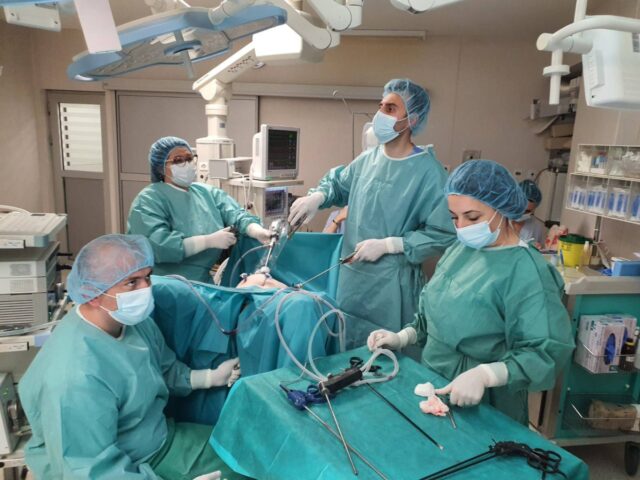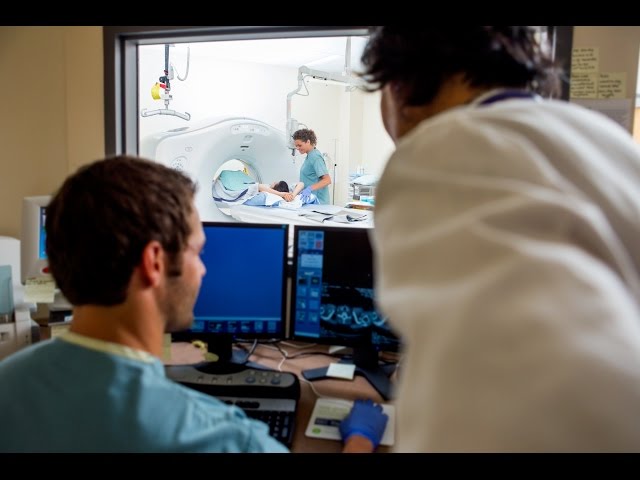In the realm of healthcare, where precision and innovation intersect, the trajectory of medical tools heralds a future brimming with promise and possibility. From the rudimentary instruments of antiquity to the cutting-edge technologies of today, the evolution of medical tools reflects the relentless pursuit of excellence in patient care, diagnosis, and treatment. As we stand on the cusp of a new era, characterized by rapid advancements in science and technology, let us embark on a journey to explore the contours of the future of medical tools.
Embracing Technological Marvels
The landscape of medical tools is undergoing a seismic shift propelled by breakthroughs in various fields such as nanotechnology, robotics, artificial intelligence, and 3D printing. These technological marvels are revolutionizing every facet of healthcare delivery, offering unprecedented precision, efficiency, and personalized care.
Nanotechnology: Miniaturizing Medicine
Nanotechnology, with its ability to manipulate matter at the atomic and molecular levels, holds immense promise in the realm of medical tools. Nanoscale devices, such as biosensors and drug delivery systems, enable targeted interventions with minimal invasiveness. Imagine a future where tiny nanorobots navigate through the bloodstream, detecting anomalies and delivering therapeutics with unparalleled accuracy, ushering in an era of precision medicine.
Robotics: Redefining Surgical Precision
Robotic-assisted surgery represents a paradigm shift in the field of surgical interventions. With robotic systems augmenting the dexterity and precision of human surgeons, complex procedures become more manageable and less invasive. From minimally invasive surgeries to remote telesurgeries, robotics promise to enhance patient outcomes while reducing recovery times, paving the way for safer and more efficient medical interventions.
Artificial Intelligence: Enhancing Diagnostic Capabilities
The integration of artificial intelligence (AI) into medical tools is revolutionizing diagnostic processes, empowering healthcare providers with unprecedented insights and decision-making support. AI-powered imaging technologies can analyze vast amounts of medical data with remarkable speed and accuracy, enabling early detection of diseases and personalized treatment recommendations. As AI algorithms continue to evolve, they hold the potential to transform healthcare delivery by predicting disease trajectories and optimizing treatment plans tailored to individual patient profiles.
3D Printing: Customizing Care
The advent of 3D printing technology is poised to revolutionize the manufacturing of medical tools and devices, offering unparalleled customization and efficiency. From patient-specific implants to anatomical models for surgical planning, 3D printing enables healthcare providers to tailor interventions to the unique needs of each individual. Moreover, the ability to rapidly prototype and iterate designs accelerates innovation in medical device development, fostering a culture of continuous improvement and adaptation.

Ethical Considerations and Regulatory Challenges
While the future of medical tools holds immense promise, it also raises profound ethical considerations and regulatory challenges. As technology outpaces the development of ethical frameworks and regulatory safeguards, concerns regarding patient privacy, data security, and equitable access to advanced healthcare solutions come to the forefront. It is imperative for stakeholders across the healthcare ecosystem to collaborate proactively to address these challenges and ensure that the benefits of technological advancements are equitably distributed and ethically applied.
Conclusion: Charting a Course Towards Tomorrow
The future of medical tools is defined by a convergence of cutting-edge technologies, innovative approaches, and a commitment to advancing patient care. As we navigate the uncharted territories of tomorrow, let us embrace the transformative potential of medical tools to revolutionize healthcare delivery, enhance patient outcomes, and shape a healthier, more equitable future for all. If you want to know more about the future of medical tools, you can join the online community to get more info.










